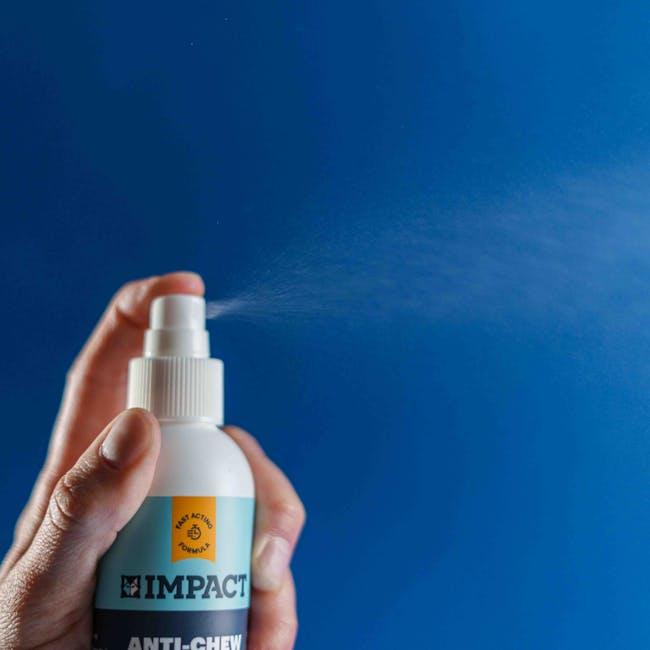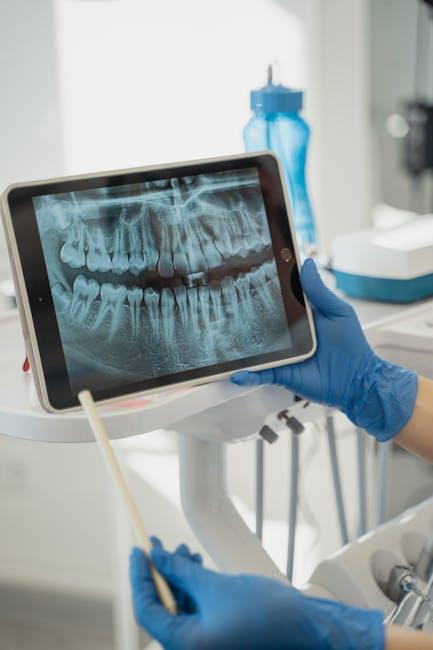
Pets Need Dental Care, Too—But Not Just During National Pet Dental Health Month
When February rolls around, pet owners are reminded about National Pet Dental Health Month, a campaign promoted by the American Animal Hospital Association (AAHA) to raise awareness of dental care for pets. While this month-long spotlight is vital for reminding us of the importance of oral hygiene, it’s crucial to understand that pets need consistent dental care all year long, not just during February.
Why Year-Round Dental Care Is Essential for Pets
Just like humans, pets can develop dental issues such as tartar buildup, gingivitis, and periodontal disease. These problems don’t disappear when National Pet Dental Health Month ends. In fact, dental disease is one of the most common health problems in dogs and cats, affecting more than 80% of pets by the age of three.
Left untreated, dental disease can lead to pain, difficulty eating, and even systemic infections affecting vital organs like the heart, liver, and kidneys. This is why AAHA strongly encourages pet owners to make dental care a regular part of their pets’ wellness routine.
Common Signs of Dental Problems in Pets
- Bad breath (halitosis)
- Red or swollen gums
- Difficulty chewing or dropping food
- Excessive drooling or pawing at the mouth
- Loose or missing teeth
- Yellow or brown buildup on teeth (plaque and tartar)
Benefits of Regular Dental Care for Pets
Keeping your pet’s teeth and gums healthy has far-reaching benefits:
- Prevention of dental disease: Regular care reduces plaque and tartar buildup.
- Pain relief: Avoids painful infections and tooth loss.
- Improved appetite and digestion: Healthy teeth mean better chewing and nutrient absorption.
- Better overall health: Minimizes risk of bacteria entering the bloodstream.
- Longer lifespan: Studies indicate pets with good dental health tend to live longer, healthier lives.
Practical Tips for Ongoing Pet Dental Care
AAHA recommends these strategies to maintain your pet’s dental health throughout the year:
Daily Toothbrushing
Brushing your pet’s teeth with a pet-safe toothbrush and toothpaste is the gold standard. Begin slowly and reward progress to build a positive experience.
Dental Diets and Chews
Special dental diets and approved chews can reduce plaque accumulation. These products are designed to mechanically scrape away deposits or contain ingredients to improve oral health.
Regular Veterinary Exams
Your veterinarian should perform an oral exam during every visit. Early detection of problems allows for timely treatment and less invasive interventions.
Professional Dental Cleanings
Occasionally pets need professional dental cleanings under anesthesia to remove tartar and inspect below the gumline. AAHA-accredited hospitals follow strict protocols to ensure your pet’s safety.
| Dental Care Component | Recommended Frequency | Purpose |
|---|---|---|
| Toothbrushing at home | Daily | Removes plaque and prevents tartar buildup |
| Dental chews/diets | Daily/As recommended | Supports oral hygiene and fresh breath |
| Veterinary oral exams | Every 6-12 months | Detects early dental problems |
| Professional dental cleaning | Annually or as needed | Deep cleaning and treatment of dental disease |
Case Study: Bella’s Journey to Healthy Teeth
Bella, a 5-year-old mixed-breed dog, was brought to an AAHA-certified clinic with bad breath and discomfort while eating. The veterinarian discovered advanced gingivitis and tartar buildup during the oral exam.
After a professional dental cleaning and establishing a daily brushing routine, Bella’s oral health dramatically improved. Six months later, Bella’s teeth were clean, and her breath was fresh. This consistent care prevented future infections and improved Bella’s quality of life.
Frequently Asked Questions About Pet Dental Care
Can I use human toothpaste to clean my pet’s teeth?
No, human toothpaste contains fluoride and other ingredients that are toxic to pets. Always use toothpaste formulated specifically for dogs or cats.
How can I get my pet used to toothbrushing?
Start slowly by letting your pet lick a little toothpaste off your finger. Gradually introduce the brush and keep sessions short and positive with treats.
Are dental chews enough to keep my pet’s teeth clean?
While helpful, dental chews alone cannot replace toothbrushing or professional care. They work best as part of a comprehensive dental routine.
Conclusion: Make Dental Care a Daily Habit, Not Just a Monthly Reminder
National Pet Dental Health Month is an excellent time to raise awareness, but it’s just the starting point. To ensure your furry friend stays healthy, comfortable, and happy, incorporate dental care into your pet’s daily routine. With regular brushing, proper diet, and ongoing veterinary support, you can protect your pet’s smile and overall well-being for life.
For more information and resources about pet dental health, visit the American Animal Hospital Association (AAHA).


